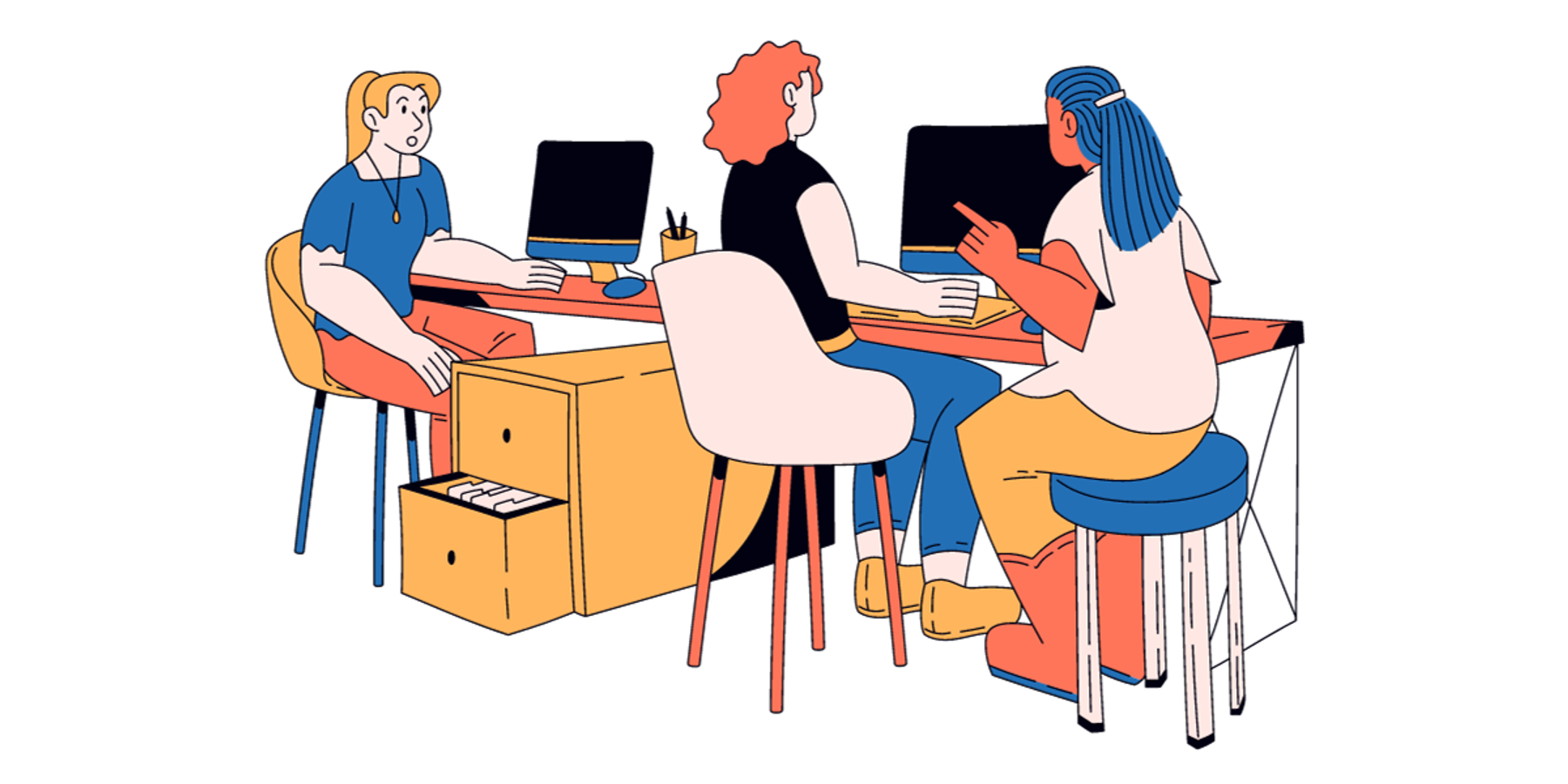On paper, it looks like I have it together and am living a successful life. I have completed three degrees, done multiple internships, held high level leadership roles, undertaken several volunteer roles, and I'm currently in a position where my title has the word "Executive" in it.
Yet my imposter syndrome will rear its ugly head and tell me that I'm not remotely near the definition of successful. Even as I write this article my mind keeps questioning if I'm the right person to be talking about imposter syndrome amongst recent graduates in the workforce.
Transitioning to the corporate world is hard enough without the added stress of constantly wondering whether you're good enough. Even after advancing through a rigorous application and interview process, you're left questioning whether they really meant to hire you.
As a recent graduate in the workforce, I've dealt with this self-doubt all too frequently.
So, imposter syndrome, what is it?
Imposter syndrome makes you feel like you don't deserve your success or position, and that everything you've achieved is because of luck.
You tell yourself you were lucky to be chosen for the job, despite having the experience and knowledge they were looking for. You're simply waiting for your luck to run out, and for the moment when you'll be exposed as a fraud.
Sadly, this feeling of uncertainty and self-doubt is not unique to me. According to a review article published in the International Journal of Behavioral Science, an estimated 70% of young people experience imposter syndrome at some point in their lives. While imposter syndrome can be experienced by anyone, in the past few years it's been discussed as a millennial issue, blamed on "ambition addiction" and the overuse of social media - the comparison of glossy highlight reels on Instagram catching up to us.
Imposter syndrome can manifest itself in many different ways. It can be editing and editing a report until it's absolutely perfect, or not applying for a job because there's one requirement you don't meet – even if you meet the other 90%. It can manifest itself as over-planning or procrastinating until you've stressed your way through a whole tub of Halo Top ice cream.
It's debilitating anxiety that is shouting at you, pleading you to give up and go to bed because you have no bloody idea what you're doing. Who are you to be doing this job when there are other people with actual degrees and expertise in this topic? They know what they're doing but you're just a fake.
In their book We: The Uplifting Manual For Women Seeking Happiness, actress Gillian Anderson and journalist Jennifer Nadel liken this critical inner voice to an "internal propaganda machine generating feelings of fear and inadequacy so that even when things are going well, the machine is at work warning us that it will never last. It's what we believe about a situation, rather than the truth, that influences our responses."
It's not just everyday people who experience imposter syndrome. Emma Watson, Serena Williams, and Alexa Chung are women who I view as role models and are at the absolute top of their game, yet they've all confessed to doubting their abilities or feeling out of their depth.
How do I overcome my imposter syndrome?
Overcoming your imposter syndrome is a journey only you can take with yourself.
When I mentioned my experience of imposter syndrome to a friend, she told me not to self-diagnose and put labels on myself, but I had to respectfully disagree. Once I was able to acknowledge the patterns and indications of imposter syndrome in my thoughts, it became easier for me to change the way I spoke to myself.
Every time I found myself thinking that I was out of my depth, I would bring the thoughts back to what I did know. I knew that I was hired for a reason. Out of 48 people who applied for the job (I checked), I was offered the role because they saw potential in me from a half an hour interview. If they saw my skills and talent, then why couldn't I?
Learning to befriend my inner imposter will be a long journey, but it has to start with acknowledging and understanding why I feel this way. It has been, and will be, reminding myself that this is my first full-time job and that I am still learning.
I'm constantly repeating to myself that no one, not even Beyoncé, has it all together. We're always learning in this wonderful thing we call life. I'm finding there is value in my voice – no matter how small or inexperienced I deem it. I'll take a look at my resume and tell myself that I am successful in my own right, without comparing myself to individuals I deem more successful.
Success is not a definite scale we can measure our lives on.
Plus, last night I received a message from the director and founder of our company saying that he appreciates my hard work and likes the content that I'm producing. While external validation isn't the be all and end all, it's confirming what I've been telling myself – I've got this.




